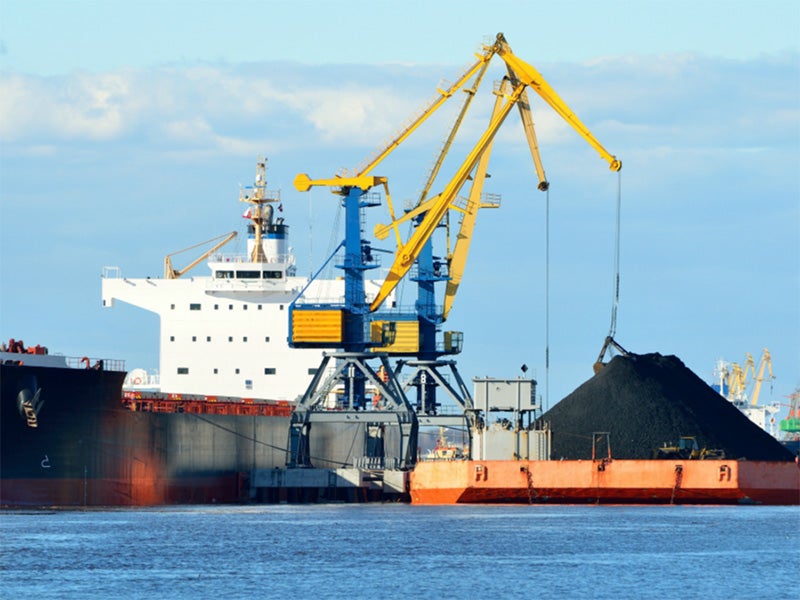As Coal Exports, Its Dark Legacy Stays Home
The use of coal in the U.S. has declined over the past few years, and orders for new plants are being cancelled at an increasing rate, owing to pressure from Earthjustice and others and competition from cheaper natural gas.

This page was published 12 years ago. Find the latest on Earthjustice’s work.
The use of coal in the U.S. has declined over the past few years, and orders for new plants are being cancelled at an increasing rate, owing to pressure from Earthjustice and others and competition from cheaper natural gas. Meanwhile, President Obama has made increasingly stern pronouncements about moving toward a renewable energy regime.
Big coal, hoping to shore up its bottom line, has turned its attention abroad: Exports of coal from the U.S. to the Far East have increased, subsidized by the U.S. Export-Import Bank (a federal institution), and there are proposals pending to establish coal export facilities in the Pacific Northwest. China and the other importers have far laxer pollution laws than ours; that too is another story. The impact of burning the coal affects us all.
There are so many things wrong with this picture it’s hard to grasp them all. Bad for climate. Bad for communities near the mines. Bad for people living near the tracks that carry the coal trains (which spew vast quantities of coal dust as they travel from mine to port) and others who live near the export facilities (read four personal stories here).
Earthjustice is working to force complete, comprehensive reviews of the impacts of these plans in the Northwest and is challenging the Export-Import Bank’s irresponsible loan guarantee to boost production and export of coal from Appalachia.
It’s past time to stop playing games and face these problems head-on.
The International Program partners with organizations and communities around the world to establish, strengthen, and enforce national and international legal protections for the environment and public health.
Established in 1987, Earthjustice's Northwest Regional Office has been at the forefront of many of the most significant legal decisions safeguarding the Pacific Northwest’s imperiled species, ancient forests, and waterways.